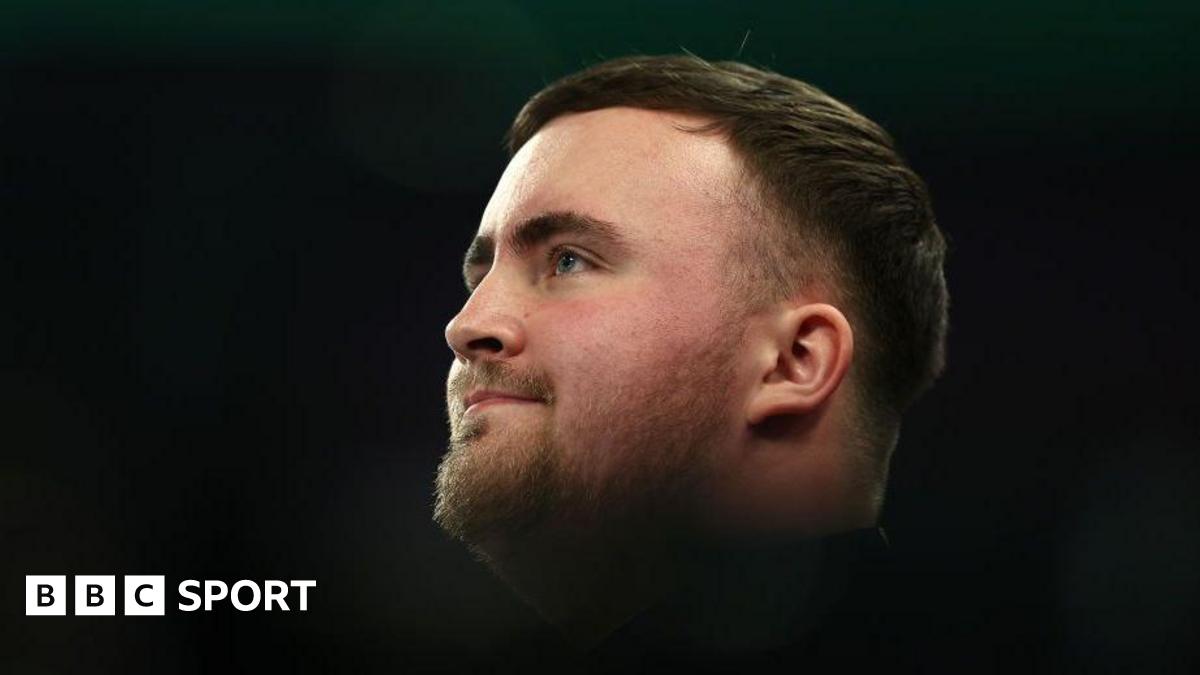Tomorrow’s World predicted 2025 30 years ago – here’s how they did

Thirty years ago, Tomorrow’s World predicted 2025, but how did they do?
The BBC programme, which is no longer broadcast, featured Professor Stephen Hawking, who said that by 2025 “we can expect big changes”.
They predicted “business barons” and banks would take control of the internet, establishing a “supernet” which they restricted access to, which would prompt hacks, viruses and even riots.
The internet remains mostly open and there have been no riots for access. The show didn’t predict nation state hackers or cryptocurrency.
Space mining was also predicted by Tomorrow’s World, with people hunting on asteroids for precious metals using a foam gel to slow the speed of the asteroid down.
There is no foam gel and there is no space mining currently, but futurist Tom Cheesewright said the “potential riches are unfathomable” and the “technology is entirely within our grasp”.
The show also spoke of the UK passing a law for all hospitals to publish a league table of surgeon success rates, with top surgeons being more popular and better paid. They thought surgeons would work remotely from patients, using robots.
They didn’t get it exactly right and there aren’t surgeon league tables but robots are helping with surgeries.
Tomorrow’s World featured a man of the future wearing a VR headset listening to a hologram that came out of a smart speaker to advertise ultra-fast travel.
Now, ultra-fast travel is still out of reach but holograms, smart speakers and VR headsets are all a reality and becoming more common.
They also showed a woman withdrawing money from her bank account using a microchip in her arm.
Banking has become more automated and paying via a microchip inside the body is possible, other methods are more popular, like fingerprint and facial recognition.
Futurist Tracey Follows thought the 1995 programme got a lot of big ideas right, but missed two of the biggest themes of the last 30 years – the spread of big tech and social media.
By 2055, she thinks many people will be “cognitively connected” – a hive mind of humans and technology via servers, which will help in the sharing of ideas.
“Brainstorming will literally be brainstorming, where you can share ideas by thinking them.”
World News || Latest News || U.S. News
Source link



